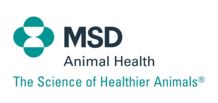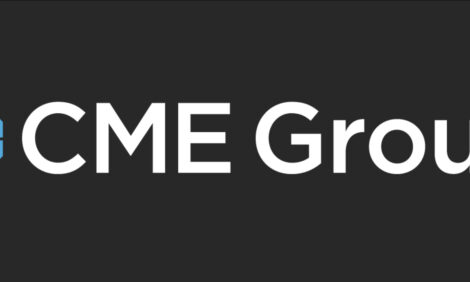



Merck Expands Its Omaha Vaccine Plant
NEBRASKA, US - Merck & Co. Inc.'s animal vaccine facility in the Elkhorn area is becoming one of the multinational company's worldwide centres of research and development and a high-volume manufacturing operation.The company, based in Whitehouse Station, New Jersey, spent $13.5 million over the past 16 months to expand and renovate the plant at 10488 S. 136th St., adding equipment that includes a high-speed vaccine vial filling line that is the only one of its kind in North America, Omaha World-Herald reports. Over the next several months, 11 research scientists will transfer to the area from Delaware to expand the facility's research activity.
"We have designated Elkhorn as one of our centers of research excellence," said Ernest Kontor, senior director for biological operations in the US and Pacific regions, with the goal of making Merck "a best-in-class global animal health leader".
Researchers at Merck Animal Health, formerly Intervet/Schering-Plough Animal Health, develop and improve vaccines for a wide range of diseases for pets and livestock, Mr Kontor said. "It takes a lot of time and it's very expensive, but this is something we feel is very necessary to make sure we have healthy animals and we've taken care of any disease problems."
The Elkhorn-area plant has about 250 employees – more than 40 per cent have a university education – and could be expanded further as Merck evaluates its operations on five continents and competes in the slowly growing global animal vaccine market, Mr Kontor said. Merck has five animal vaccine plants in the United States and 22 worldwide. The company's animal health business had sales of $802 million in the second quarter of 2011, out of Merck's $12.15 billion in sales.
Merck last week finished the Elkhorn plant project, which renovated or added 6,200 square feet of production space and added 2,500 square feet of warehouse space and 1,300 square feet of technical support space.
The plant also installed two disinfection chambers that use hydrogen peroxide vapour, which are rare in the United States, said Mr Kontor.
Overall, the improvements let the plant produce more liquid and freeze-dried vaccine at higher quality, meeting the standards required domestically and for imports to 52 foreign countries, he said.
The plant develops and produces vaccines for dogs, cats and horses and for food production animals – cattle, swine, poultry and farmed fish – and markets products to veterinarians, farmers, pet owners and governments.
The plant uses advanced biotechnology to make more than 50 different vaccines out of Merck's 350 licensed vaccines.
| TheCattleSite News Desk | More MSD Animal Health News |



